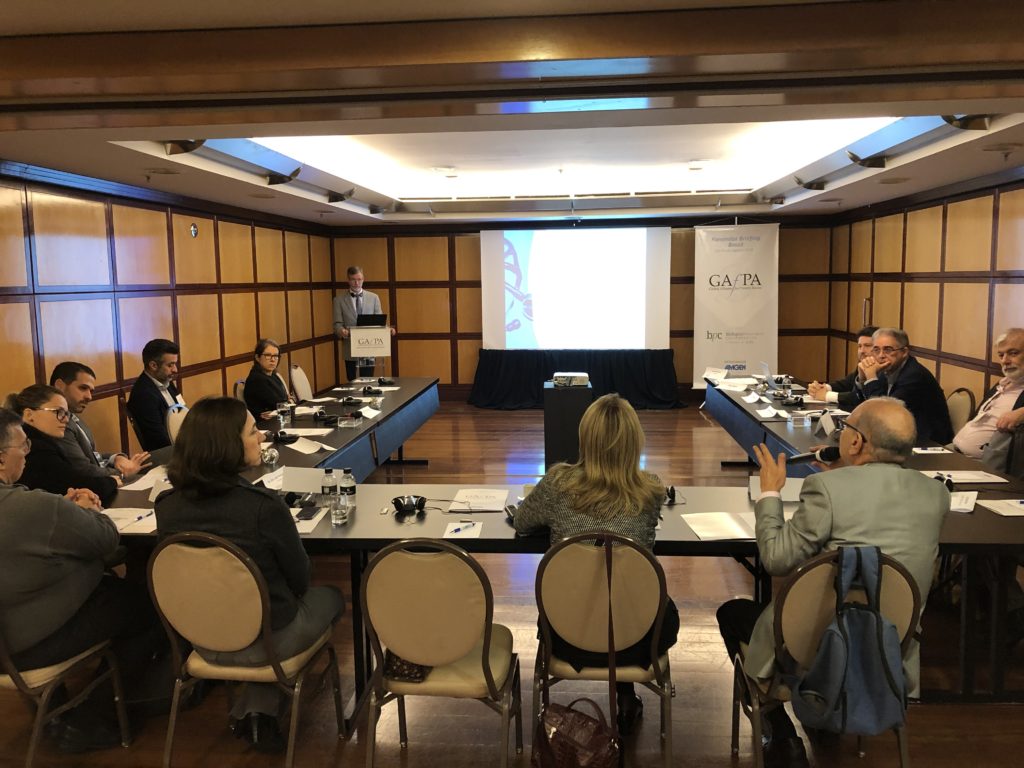
In a series of briefings that began in Sao Paulo, Brazil and Buenos Aires, Argentina, clinicians who practice rheumatology, dermatology and oncology are getting up to speed on the science and policy behind these medications, which are follow-on versions of original biologic drugs.

The briefings served as an opportunity for clinicians and key opinion leaders from the country to dive deeper into the nature of biosimilars, and some of the benefits and scientific based policy principles on their safe use. Organized by the Global Alliance for Patient Access and the Biologics Prescribers Collaborative, the briefings featured two expert physicians in the field of biologics and biosimilars: David Charles, MD, chair of the Alliance for Patient Access, and Arturo Loaiza-Bonilla, MD, chair of the Global Alliance for Patient Access. Both are physician co-conveners for the Biologics Prescribers Collaborative.
Topics included:
The physicians discussed the six keys to advocacy and broke down the ways in which the attendees could become effective advocates for the patients they treat. These methods could then be used by the attendees as they maneuver the regulatory and political landscape involved with access to approved treatments.
GAfPA and the Biologics Prescribers Collaborative will also host biosimilar briefings in Colombia, the UAE and Turkey this year.
Recent Posts

Global Alliance for Patient Access
© 2024 GAfPA. All Rights Reserved
| Cookie | Duration | Description |
|---|---|---|
| cookielawinfo-checkbox-analytics | 11 months | This cookie is set by GDPR Cookie Consent plugin. The cookie is used to store the user consent for the cookies in the category "Analytics". |
| cookielawinfo-checkbox-functional | 11 months | The cookie is set by GDPR cookie consent to record the user consent for the cookies in the category "Functional". |
| cookielawinfo-checkbox-necessary | 11 months | This cookie is set by GDPR Cookie Consent plugin. The cookies is used to store the user consent for the cookies in the category "Necessary". |
| cookielawinfo-checkbox-others | 11 months | This cookie is set by GDPR Cookie Consent plugin. The cookie is used to store the user consent for the cookies in the category "Other. |
| cookielawinfo-checkbox-performance | 11 months | This cookie is set by GDPR Cookie Consent plugin. The cookie is used to store the user consent for the cookies in the category "Performance". |
| viewed_cookie_policy | 11 months | The cookie is set by the GDPR Cookie Consent plugin and is used to store whether or not user has consented to the use of cookies. It does not store any personal data. |